Offer details
Online Edition available:
This product has option of Online Edition as provided by the publisher. If you choose this option, the details of the same and how to access this option will be shared with you after your order is processed, within one to two weeks
Free Shipping option:
Human Relations Journal has free shipping option available. When you choose this option, all subscribed issues are delivered free to your door step.
Shipping by Courier / Registered post option:
Now get all issues of your subscription by courier / registered post when you choose this option. Say goodbye to missed issues. Please note mode of shipment will be either by courier or registered post, as available with the publisher.
About Human Relations Journal
Human Relations has had a long tradition of bringing social science disciplines together in order to understand the character and complexity of human problems. We publish incisive investigations from an international network of leading scholars in management, psychology, sociology, politics, anthropology and economics.Mission statementThis note states briefly the mission of the journal. It then gives detail and elaboration.Human Relations addresses the social relations in and around work – across the levels of immediate personal relationships, organizations and their processes, and wider political and economic systems. It is international in its scope. The journal is grounded in critical social science that challenges orthodoxies and questions current organizational structures and practices. It promotes interdisciplinarity through studies that draw on more than one discipline or that engage critically across disciplinary traditions. It deploys any social science method used in a rigorous manner. It promotes studies that draw out the practical implication of their results in a manner consistent with critical engagement with practice as opposed to advice to particular actors or groups.Process and backgroundThe mission statement has been produced as part of the journal's self-reflection about its aims and purpose, inspired in part by its 70th anniversary in 2017. The first issue in 1947 declared the focus to be 'community problems' and 'interpersonal and inter-group tensions', together with studies developing theory relevant to these topics. The subsequent evolution of the journal is discussed in reflections on its history by Editor-in-Chief Professor Paul Edwards (available ). The present notes are the latest iteration (April 2016). A central part of the evolution was the tightening of the focus to work, the workplace, and linkages between this sphere and other aspects of society. The phrase 'the social relations in and around work' was developed in 2006 to summarize the focus. This remains the key interest.The notes have been prepared after debate in the editorial team and discussion with the Editorial Board, our publishers, and the journal's Editorial Management Committee. This last body oversees the strategy of the journal, with membership comprising representatives of the Tavistock Institute (which co-founded the journal in 1947 and currently owns it) and the publishers, together with an independent Chair, the Editor-in-Chief and the Managing Editor. It is none the less impossible to define exactly the identity of a journal in a way that everyone would accept. Nor is it possible to specify a precise boundary between the journal and the many journals that address work, employment, and organization studies. The features highlighted here are thus indicative rather than absolute.Substantive focusThe journal retains its specific focus on 'the social relations in and around work'. The boundaries of 'work' have been extended massively in the past 20 years to embrace voluntary work, work in the home, the 'informal economy' and many other types of economic activity. We make no definitive statement as to what constitutes work. But we focus on social relationships around the production of goods and services in the private, public, and not-for-profit sectors; these relationships generally occur within organizations with hierarchies of power and authority. This focus would include, for example, voluntary work where it occurs within an imperatively co-ordinated organization but would generally exclude hobbies or activities in voluntary associations such as sports clubs. We include relationships with non-human 'actants' such as technologies.The journal thus addresses all three levels of the 'micro' (immediate relationships between people), the 'meso' (organizations and their rules, processes and structures) and the 'macro' (the wider economy and society, which embraces the global economy and the systemic nature of capitalism and other modes of production). We generally exclude analyses that are wholly or mainly about the last level, for example, the development of a global production system or educational systems. We also tend to exclude accounts of organization as an overall social process, as distinct from an analysis of the linkages between such a process and relationships in the sphere of work.We address in particular linkages between work and the wider political, social and economic context in which work is embedded, for example, relationships between paid work and the family and the links between work and equality and inequality. 'Social relations' thus mean more than direct relationships between people. They include the interplay between 'structure' and 'action' and the ways in which direct social relationships produce, reproduce and shape influences that are part of the structure of a situation. The environment of an organization, for example, is not an asocial thing but is itself socially shaped, and its influences are also socially defined. We aim to sustain analyses that build on such perspectives.Disciplinary focusThe journal welcomes contributions from all social science disciplines. We are in particular an interdisciplinary social science journal, sitting between generalist journals in such fields as management studies and those with a specific disciplinary focus. The journal is grounded in 'critical social science' in a broad sense. It is not limited to Critical Theory or Critical Management Studies, for example, but takes 'critical' to embrace any approach that challenges orthodoxies, aims to understand the processes generating things that are taken for granted and the reasons why they are taken for granted or poses questions about current ways in which organizations are structured and managed.The journal aims to contribute to the understanding of the contemporary world of work by making linkages across disciplines, while recognizing the difficulty of this task. In the first issue, the strapline 'towards the integration of the social sciences' was adopted. This strapline was removed in the 1990s on the grounds that integration was hard to define and that progress towards it even harder to demonstrate, to say nothing of arguments that social science may need to develop distinctive sub-fields and specialisms. While recognizing that the initial ambition may have been grand and even naive, we assert the value of disciplines speaking to each other and of drawing on different disciplines to address substantive issues in the world of work.PracticeThe journal's approach to practice reflects the intersection of two things: the commitment to critically informed scholarship; and the journal's long tradition, linked with its roots in the Tavistock Institute, of a concern with improving working lives and even with emancipation. The essence of the idea was captured by one of the journal's, and institute's, founding figures, Elliott Jaques. He led the famous Glacier research project, which began as a piece of scientific inquiry. After the funded research ended, he was hired by the firm as a consultant. Reflecting on his approach (in issue 4, 1964, of the journal) he stressed that his method was not to offer advice to do a particular thing, but rather make comments such as: 'the following factors may help to resolve this issue' or 'there seems to be an inconsistency between current proposals and previous decisions'. We thus expect papers, where this is appropriate, to reflect on the implications for practice of their results. Discussion of the ethical and other issues of how research can engage with practice is also a feature of the journal. Specific recommendations as to what a particular actor or group might do are generally outside the journal's remit.Research methodsThe journal welcomes contributions using any social science method, as long as they apply the method rigorously in line with best practice in that field. In line with our focus on actual social relationships in the world of work, we do not publish work based wholly or mainly on lab experiments, or drawing mainly on student samples, but will consider these research designs in concert with field data. We appreciate the power of field-based experiments/quasi-experiments with employees that combine the potential for strong inference with ecological validity not often found in the lab.In relation to survey-based papers we endorse the movement away from single-respondent and cross-section designs towards multi-level and/or longitudinal studies. Cross-section designs may, however, be entirely appropriate in circumstances including: the novelty of the research in terms of topic or empirical location; limitations on research access; and evidence that allows causal inferences to be sustained. Papers using all kinds of qualitative methods are encouraged. They are expected to offer appropriate kinds of generalization, for example, by locating a case study within extant research and discussing the reasons why the case was as it was.The journal's remit is not centrally research methods as such. Critical analyses of research methodology in the broad sense of the epistemology of research and the politics of the research process are encouraged. Narrower papers developing or validating research instruments will not generally fit our remit.Geographical scopeThe journal has an international focus. It welcomes studies of and contributions from any region of the world. for more specific guidance for contributors.to see our data requirements for articles.Publication ethics and antiplagiarism checksHuman Relations uses iThenticate CrossCheck™ antiplagiarism software to check if manuscript content has already been published elsewhere.Human Relations is a member of the and follows the for journal editors.Preparation and submission guidancePlease do read our guidance and do not hesitate to contact the Editorial Office at if you have any queries or problems with the submission process – we would be only too pleased to help!
How to subscribe Human Relations Journal
To subscribe to Human Relations Journal please choose the subscription option from the offer(s) given above by clicking on "Add to cart" or "Buy now". After you click, you will be asked to confirm if this is a renewal order. Incase it is renewal, we recommend you give correct current subscription number. If you do not remember the subscription number you may leave it blank, however this may delay the activation of your subscription.
Publisher Profile - SAGE Publications
Founded in 1981, SAGE Publications India Pvt Ltd is a leading independent, academic and professional publisher of innovative, high-quality content. Globally, SAGE Publications came into being in 1965 and is the world's leading independent academic and professional publisher. Believing passionately that engaged scholarship lies at the heart of any healthy society and that education is intrinsically valuable, SAGE aims to be the world’s leading independent academic and professional publisher. This means playing a creative role in society by disseminating teaching and research on a global scale, the cornerstones of which are good, long-term relationships, a focus on our markets, and an ability to combine quality and innovation.
 100% Assured
100% Assured


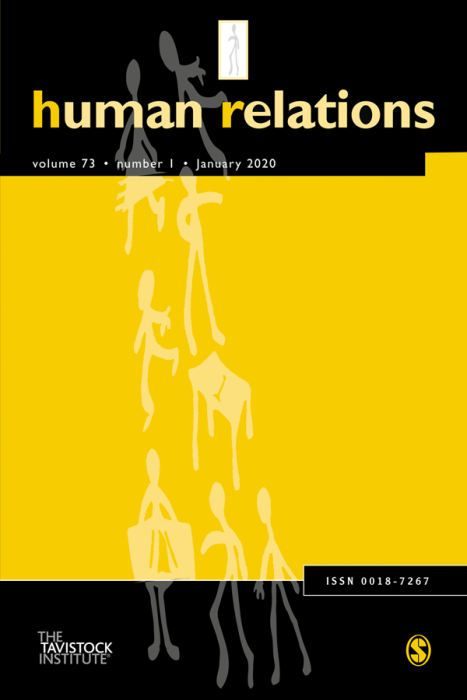
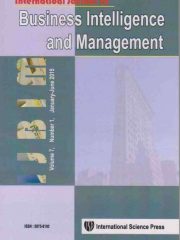
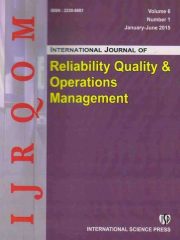
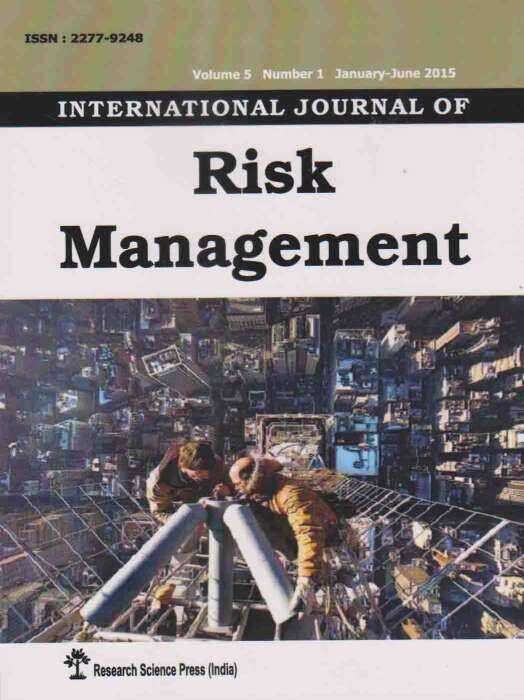
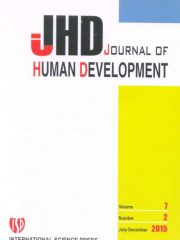
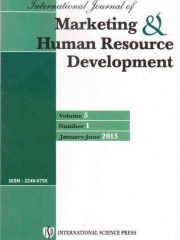
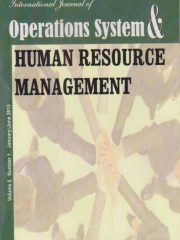










Reviews
There are no reviews yet.